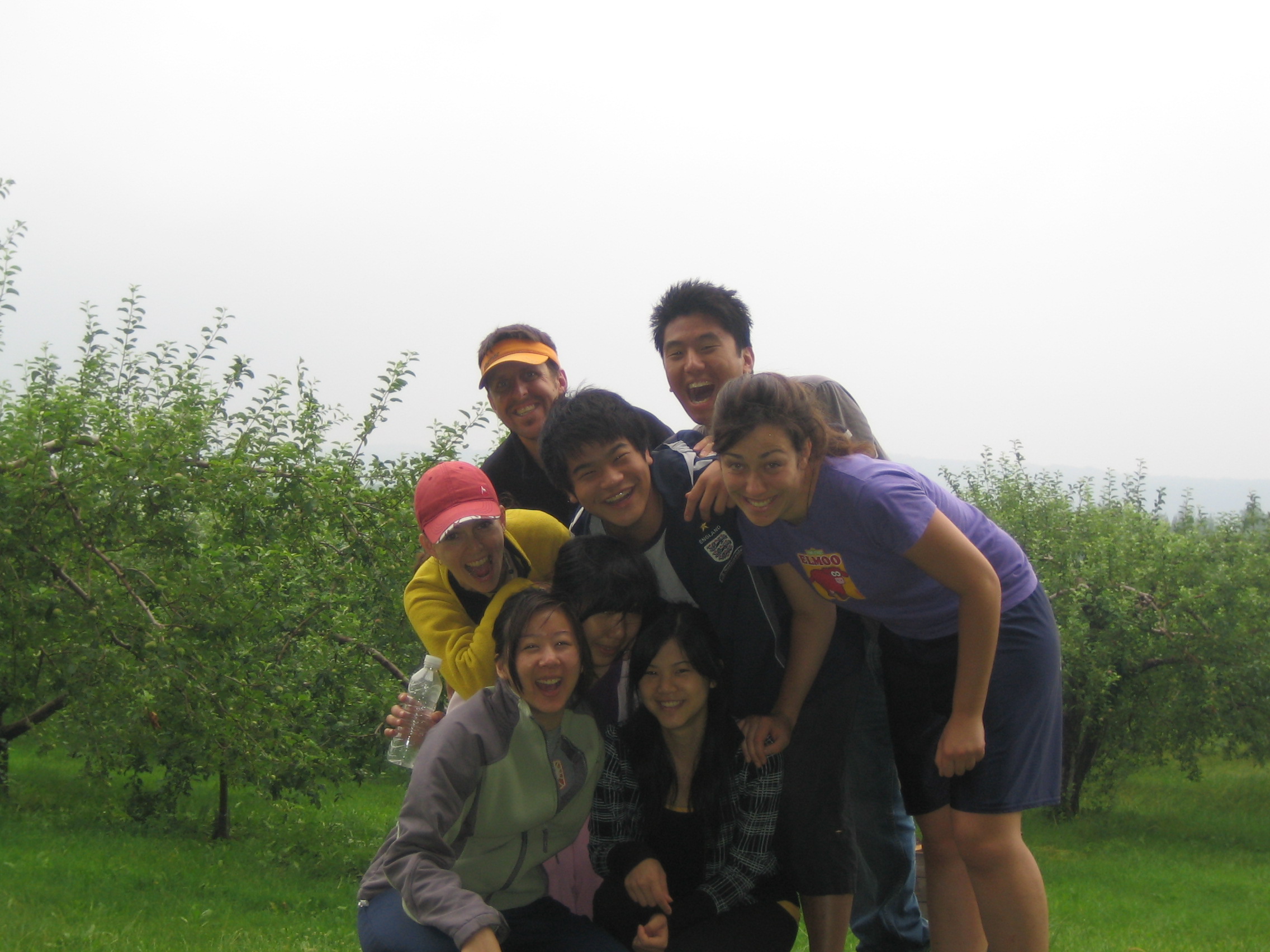This upcoming Friday July 18th, I’ll be appearing on the radio, CKUT 90.3 FM at 8:30 am. You could also listen from the internet by clicking here.
I’ve been asked to appear on a radio show with Jeffrey Mackie to comment on an event we did a month ago with our youth ministry – Conversations with the Homeless.
We did the event for a couple of reasons.
Did you know that there are approximately 2100 verses on the poor and the oppressed in the Bible? That definitely says something in itself. Did you also know that in one of Jesus’ first sermons, he proclaimed that he was not only called to share the good news to the poor, but to also act and set them free from their oppression? (Luke 4)
As a result, I know that all of us have had contact with the homeless. My question to you is: What was your response? Did you ignore them? Did you give them something? Did you demean them? etc.
The easiest “charitable” thing to do for individuals who are homeless is to give them food, right? Well, instead of merely meeting their physical need, and feeling good about our “charitable” work, we thought we would take the next step and do something different – something that many people refuse to do and in many ways, something that is actually more difficult. We decided to give them our time. In other words, conversation.
I hope you can tune in and hear the interview.
